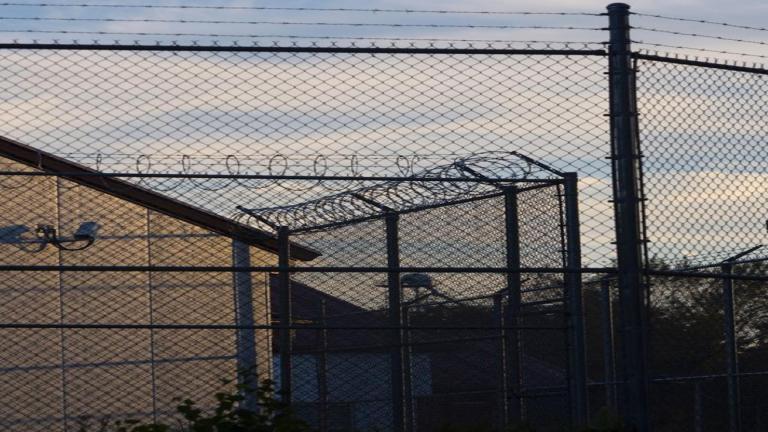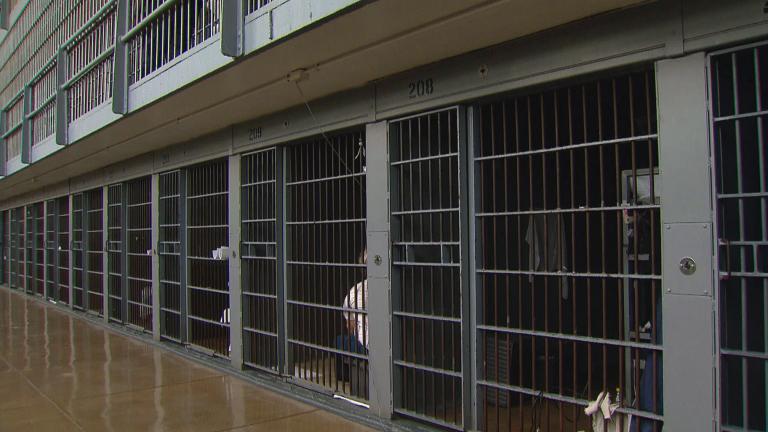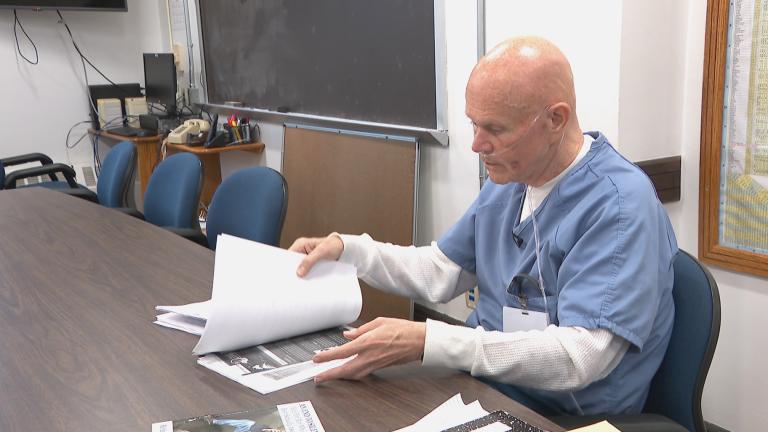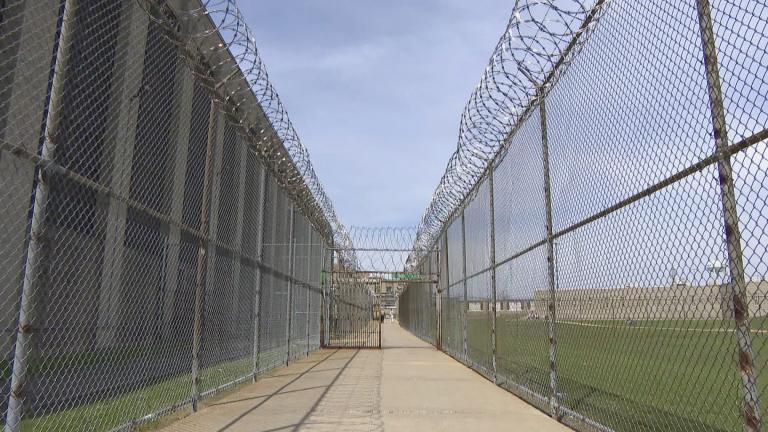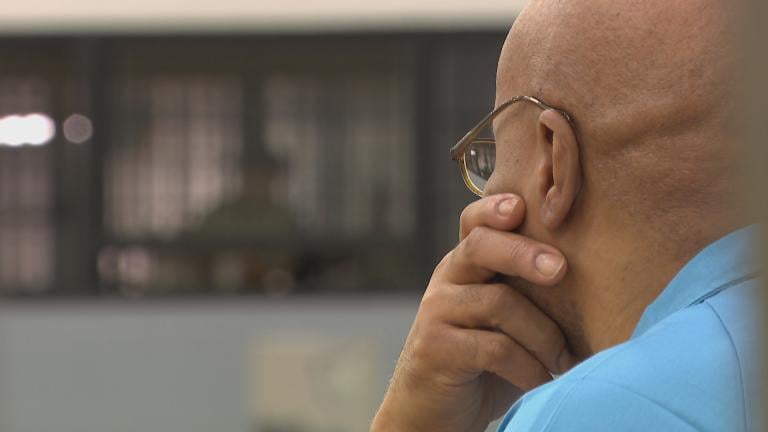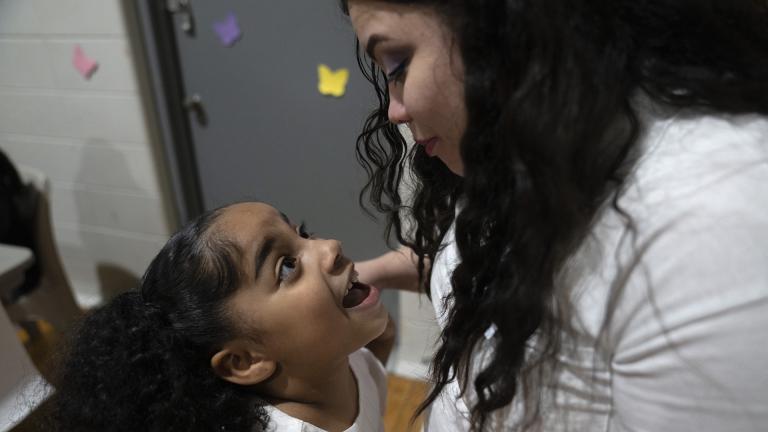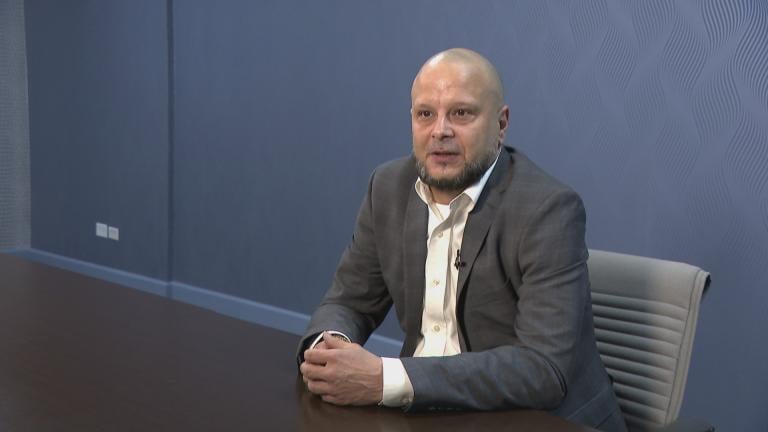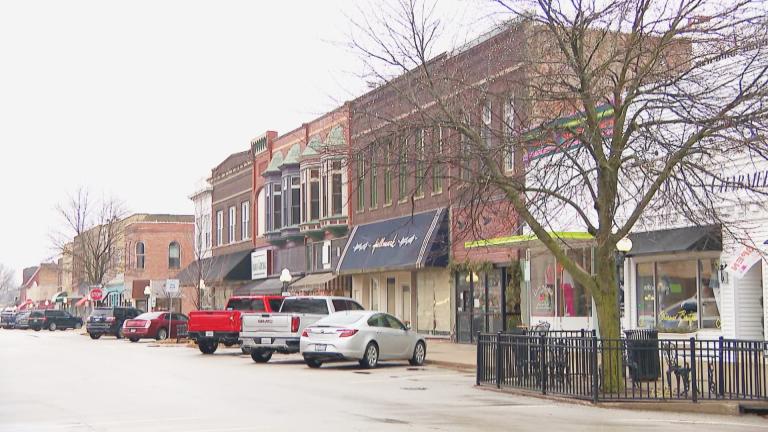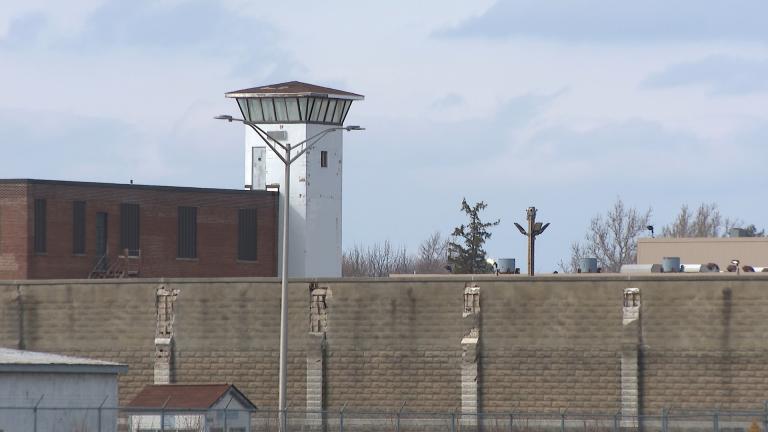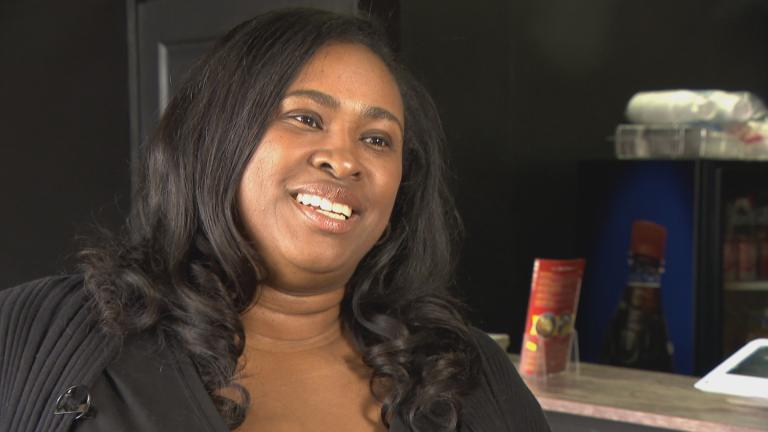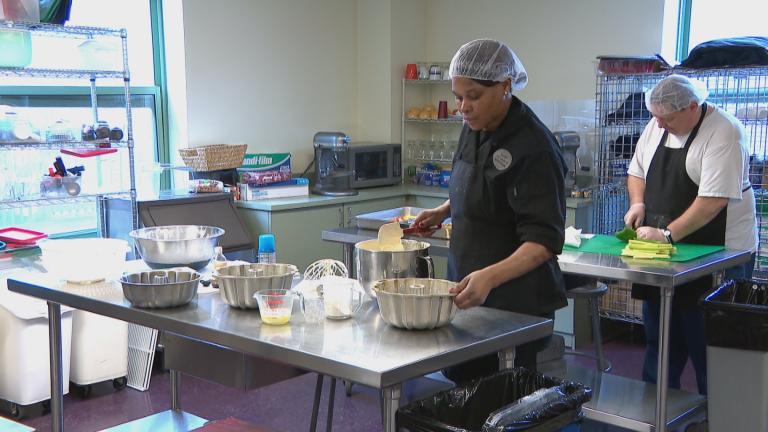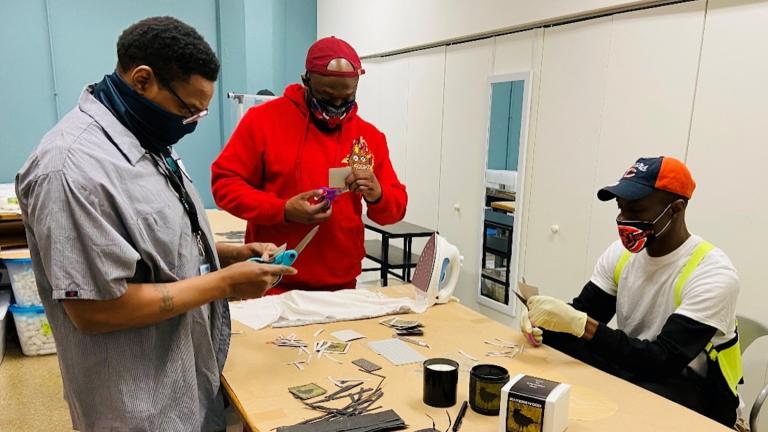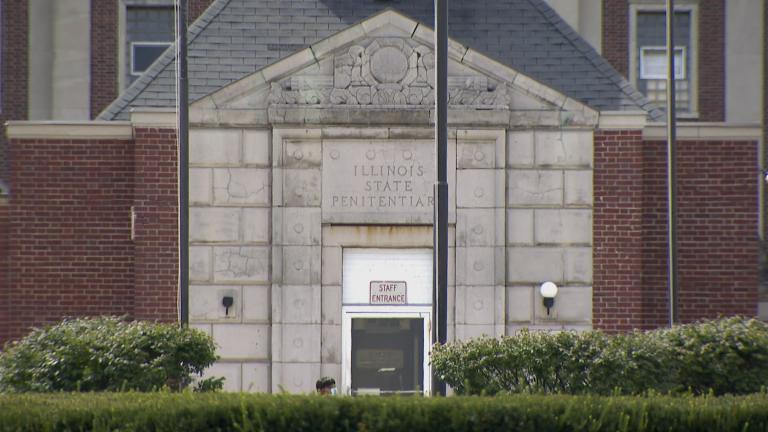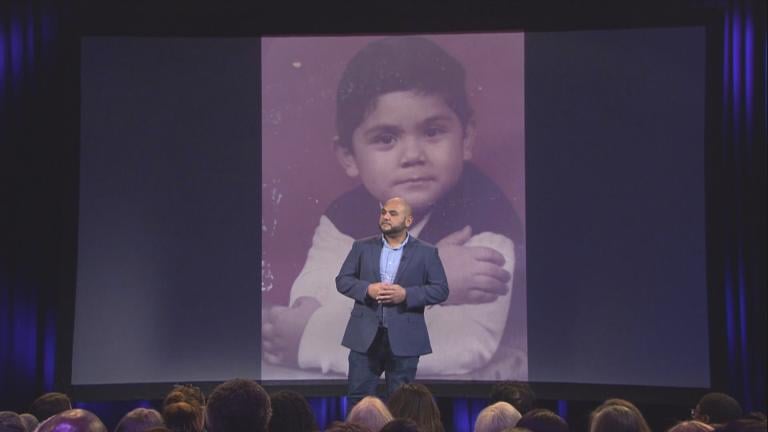State audits point to troubling conditions in juvenile detention centers, but no agency has strong enough oversight to bring about change.
Prison
More than 3,300 wrongfully convicted people have been exonerated in the U.S. since 1989, according to the University of Michigan’s National Registry of Exonerations. That time on the inside adds up to more than 30,000 years unjustly spent in prison for many of those people.
For the last two years, Illinois has had a law that allows people who are in prison and are dying of a terminal illness or are physically disabled the opportunity to petition for compassionate release. However, few of the releases are granted.
More than half of IDOC inmates serving a life sentence are 55 or older. Caring for an aging prison population is a costly endeavor, advocates say, and the health care elderly prisoners do receive often falls short. That’s why some are calling for a new parole system.
In 1978, Illinois shifted from an indeterminate to a determinate sentencing system — effectively eliminating parole as most people are familiar with it. Now some advocates are calling for changes to allow inmates over 55 the chance to be paroled.
The number of incarcerated women in the United States dropped by tens of thousands because of COVID-19. But as the criminal justice system returns to business as usual and prison populations creep back to pre-pandemic norms, more children are being separated from their mothers.
Kameron Huckleby is on the road home after incarceration, and he’s on the road to helping others do the same as a re-entry navigator in training with the Chicago Cook Workforce Partnership.
Francisco Perez gives “La Ultima Palabra” on why he says creating a smoother landing for people leaving incarceration is good business for everyone.
The town is also home to Pontiac Correctional Center, one of only three maximum security Illinois state prisons. Just outside the prison’s doors is a neighborhood of single-family homes and a playground.
The conditions that come with Pontiac Correctional Center’s age are just part of the reason inmates and advocates call it inhumane. Another reason is the climate inside. WTTW News details the issues facing the maximum security prison.
About 26,000 people leave Illinois prisons each year, and many of them report having trouble finding employment once they’re home.
The West Side nonprofit offers workforce development and mental health and substance abuse services, among other supports. Leadership said their recidivism rates are a fraction of the state average.
“I’m grateful to Director Jeffreys for his years of service, ensuring the dignity and safety of the incarcerated people of Illinois,” Gov. J.B. Pritzker said in a statement.
Research shows formerly incarcerated people who maintained employment for one year after release had only a 16% recidivism rate, compared to a 52% rate for those who did not stay employed.
A 2018 report found 43% of those released from prison in Illinois will be convicted of another crime and return to prison. About a quarter of those re-offenses are for so-called “technical violations” like violating curfew or missing a meeting with a probation officer.
Thousands of restrictive laws govern people who have been released from prison in the United States, making it difficult for them to find housing, employment and to restart life after they have done their time.

